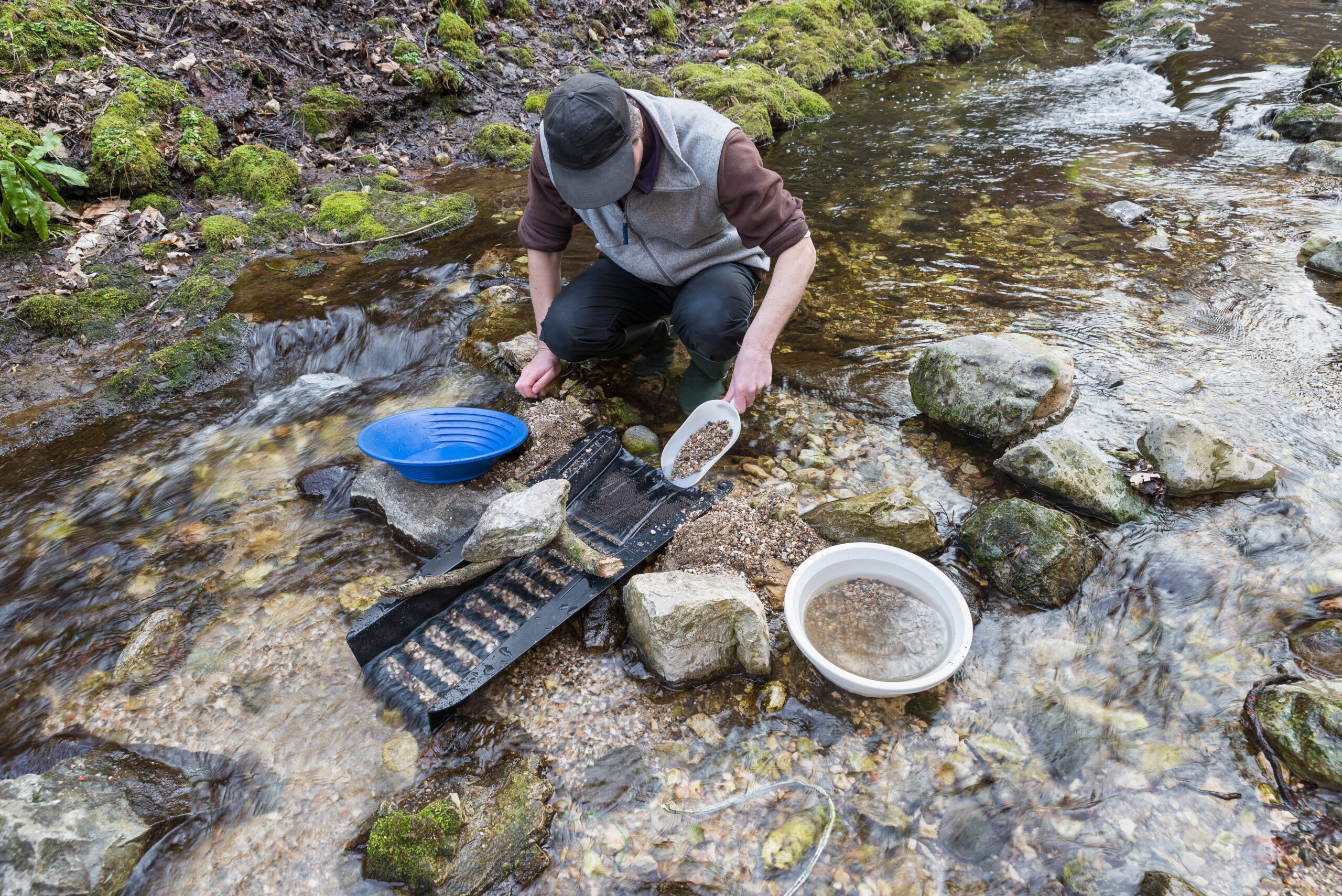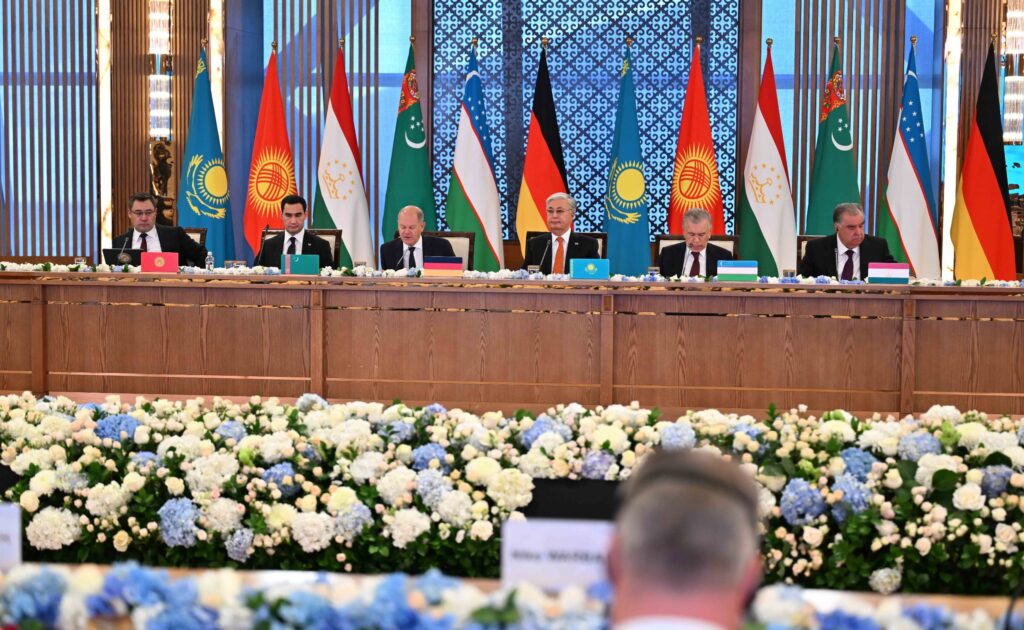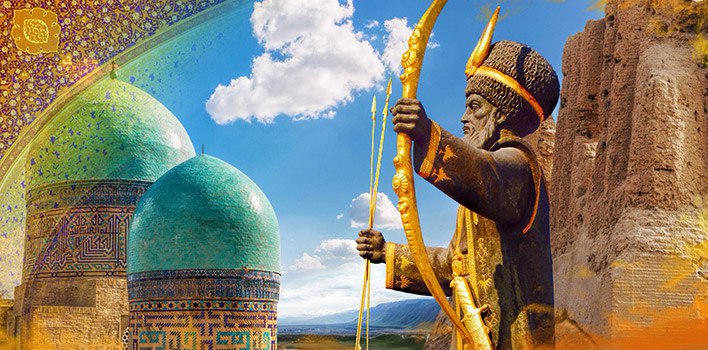Most of the country’s gold, located in the regions of Navoi, Samarkand and Bukhara, cannot be extracted industrially due to low concentration and difficulties in accessing the mountainous terrain.
Uzbekistan’s gold reserves for artisanal mining exceed 3 tons per 590 hectares. Gold mining by artisanal miners began to gain momentum after 2019 when the authorities issued permits for excavation in specified areas and since then, year on year, the Ministry of Geology has added new sites which are available through electronic auctions. Any Uzbek resident acquiring a plot, can mine for a period of three years and sell the extracted gold to mining and metallurgical plants and licensed jewellery companies.
Mining has existed in Uzbekistan for many years, but prior to 2019, much of it was illegal. The gold was often smuggled out of the country, and as a result of makeshift mines collapsing, fatalities and serious injuries were common. The legalisation of mining activity aims to help safeguard the miners and reduce the illegal export of gold from the country. Moreover, by providing jobs for residents, it will help curb labour migration.
“My job consists of digging ore and taking it to the washing plant. On average, I earn $240-$315 a month; enough to feed myself,” excavator driver Sardor Mardiyev told Agence France Press.
Mardiyev currently works at a gold-mining site in the village of Soikechar, Nurata, in Uzbekistan’s Navoi region and according to owner, Zakhid Khudaiberdiyev, the site produces an average of 12 to 15 grams of gold per day.
However, while providing an economic lifeline for workers who might otherwise work abroad, independent mining is damaging the soil and holes dug by miners pose a serious risk to farmers’ livestock. In addition, even small-scale mining consumes large amounts of fresh water, which is scarce in the region.
Uzbekistan ranks 15th in the world in terms of gold reserves, which experts estimate to total 362 tons. Since the beginning of 2024, revenue from the gold trade has accounted for a third of Uzbekistan’s total exports and in accordance to a call by President Shavkat Mirziyoyev, production is set to increase by 50 percent by 2030.









